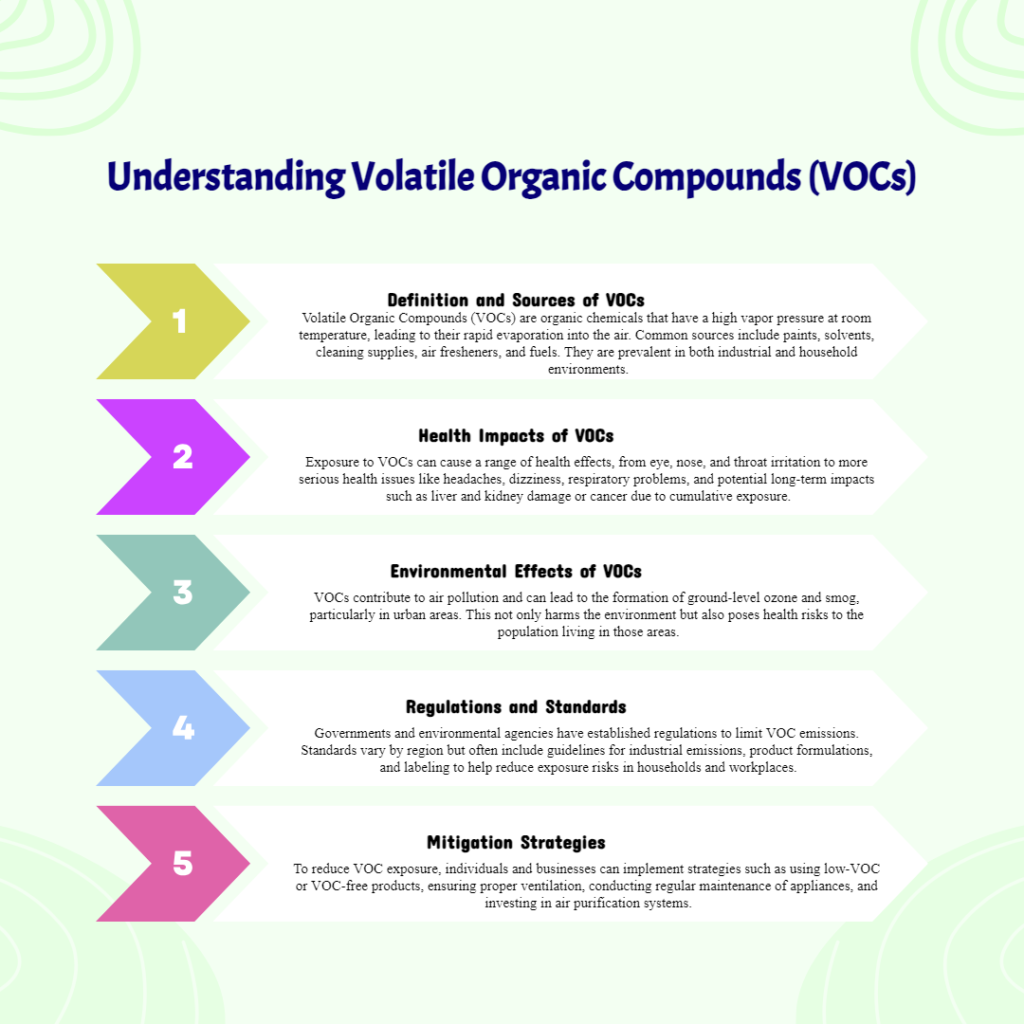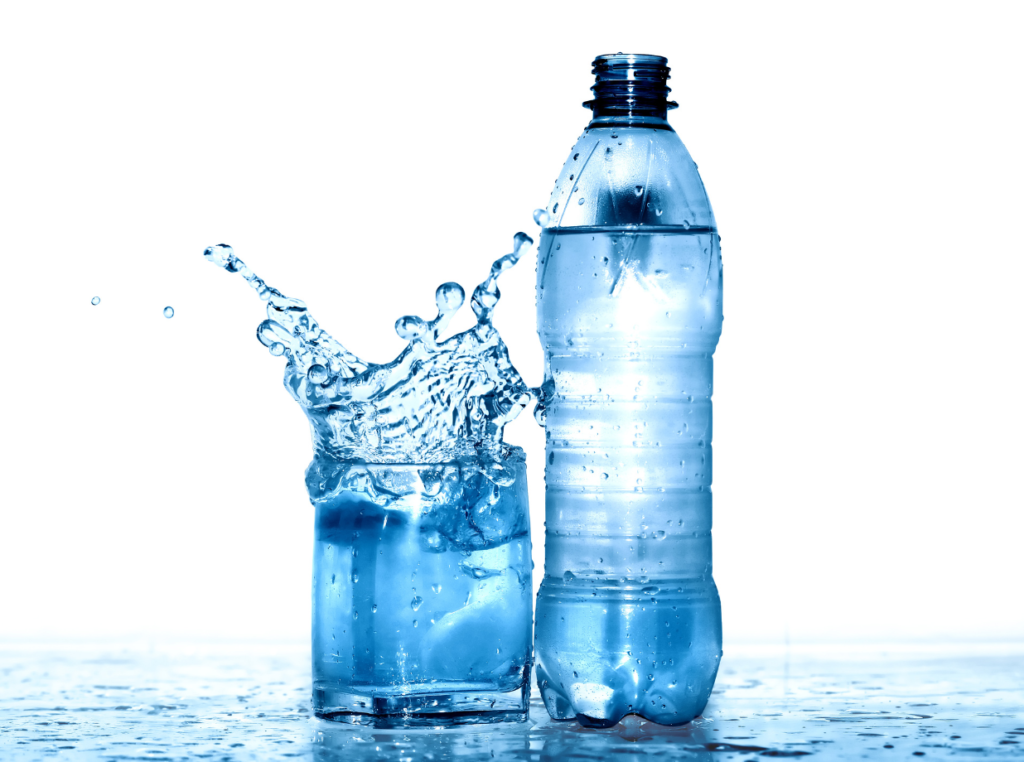Distilled water is a type of purified water that has been boiled into vapor and condensed back into liquid form. It is free from impurities and contaminants, making it ideal for various applications such as laboratory experiments, medical procedures, and even in household appliances like steam irons and humidifiers. However, despite its purity, some people have reported experiencing an unpleasant odor when using distilled water. This odor can range from a musty or earthy smell to a chemical or plastic-like scent. Understanding the causes of distilled water odor is crucial in order to address and eliminate it effectively.
The Role of Plastic Containers in Distilled Water Odor
One of the primary factors that contribute to the development of odor in distilled water is the use of plastic containers for storage. Plastic containers, especially those made from low-quality or non-food grade materials, can leach chemicals and compounds into the water over time. These chemicals can react with the water and produce off-putting odors. Additionally, exposure to sunlight and heat can accelerate the release of these chemicals from the plastic, further exacerbating the issue. It is important to note that even BPA-free plastics can still release other harmful compounds that can affect the odor and taste of distilled water.
Furthermore, the use of plastic containers that have previously held other substances, such as food or cleaning products, can also contribute to the development of odor in distilled water. Residual traces of these substances can interact with the water and create unwanted smells. To mitigate this issue, it is recommended to use glass or stainless steel containers for storing distilled water, as these materials are inert and do not react with the water.
Chemical Reactions and Odor Formation
Chemical reactions between the components of distilled water and various substances can lead to the formation of odor. For example, when distilled water comes into contact with metal ions from pipes or plumbing fixtures, it can undergo oxidation reactions that produce metallic or sulfur-like odors. Similarly, if the water is exposed to air for extended periods of time, it can absorb volatile organic compounds (VOCs) from the environment, leading to the development of unpleasant smells.
In addition, the presence of dissolved gases such as hydrogen sulfide or methane in the water can also contribute to odor formation. These gases can be released during the distillation process or may be present in the source water used for distillation. When these gases come into contact with certain compounds in the water, they can produce foul-smelling byproducts. Understanding the specific chemical reactions that occur in distilled water can help in identifying and addressing the root causes of odor.

Environmental Factors and Odor Development
Environmental factors such as temperature, humidity, and exposure to light can also play a significant role in the development of odor in distilled water. High temperatures can accelerate chemical reactions and increase the rate at which volatile compounds are released into the air, leading to stronger odors. Similarly, high humidity levels can promote the growth of microorganisms in the water, which can produce musty or earthy smells.
Exposure to sunlight can also cause photochemical reactions that alter the composition of the water and generate odorous compounds. This is particularly relevant when storing distilled water in clear or translucent containers that allow light to penetrate. To minimize the impact of environmental factors on distilled water odor, it is advisable to store the water in a cool, dark place and to use opaque containers that block out light.
Health Implications of Distilled Water Odor
The presence of odor in distilled water may raise concerns about its safety and potential health implications. While most odors in distilled water are not necessarily harmful, they can still be indicative of underlying issues such as contamination or chemical reactions. For example, a strong chemical smell may suggest the presence of volatile organic compounds or other contaminants that could pose health risks if ingested or inhaled.
Furthermore, certain odorous compounds in distilled water may be indicative of microbial contamination, which can lead to gastrointestinal illnesses or other health problems. It is important to address any odors in distilled water promptly and to conduct thorough testing to ensure that it meets safety standards for consumption and use in various applications.
Ways to Eliminate or Reduce Distilled Water Odor
There are several strategies that can be employed to eliminate or reduce odor in distilled water. One approach is to use activated carbon filters or charcoal filters to remove volatile organic compounds and other odorous substances from the water. These filters work by adsorbing contaminants onto their surfaces, effectively purifying the water and improving its taste and smell.
Another method is to use chemical treatments such as chlorine dioxide or ozone to neutralize odorous compounds and disinfect the water. These treatments can help eliminate microbial contamination and reduce the risk of foul-smelling byproducts forming in the water.
Additionally, proper storage and handling of distilled water can also help prevent odor formation. Using high-quality glass or stainless steel containers, keeping the water away from direct sunlight, and maintaining a clean and sanitary storage environment can all contribute to preserving the purity and freshness of distilled water.
Conclusion and Final Thoughts
In conclusion, understanding the causes of distilled water odor is essential for maintaining its quality and ensuring its suitability for various applications. The use of plastic containers, chemical reactions, environmental factors, and health implications all play a role in the development of odor in distilled water. By addressing these factors through proper storage, filtration, and treatment methods, it is possible to eliminate or reduce odor and maintain the purity of distilled water.
It is important for consumers and industry professionals alike to be aware of these issues and take proactive measures to address them. By implementing best practices for handling and storing distilled water, as well as utilizing appropriate filtration and treatment technologies, it is possible to enjoy odor-free and high-quality distilled water for a wide range of uses. Ultimately, maintaining the purity and freshness of distilled water is crucial for ensuring its safety and efficacy in various applications, and addressing odor-related concerns is an important step towards achieving this goal.



